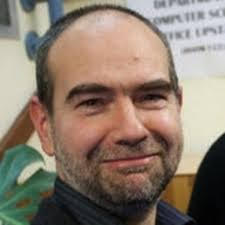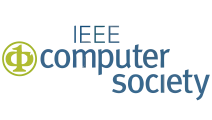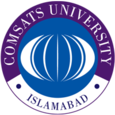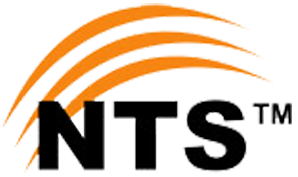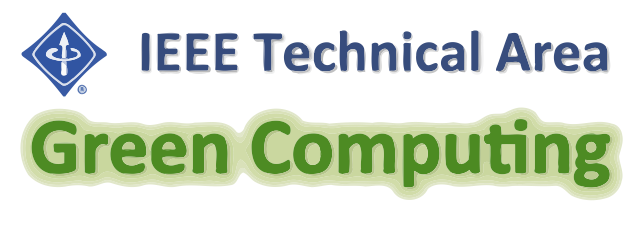Keynote Address
Abstract
Innovation is the application of better solutions to new requirements or market needs. It is well-known that advances in science and technology often drive innovation, but they are not the only prerequisite. Indeed there are many examples of scientific achievements that do not directly feed through to practical innovations. We will look at a range of such examples to understand better the factors enabling innovation based on science and technology. We will draw conclusions on the role of universities in their role as institutions of both research and learning, their collaboration with industry, and how they can be supported by government.
Bio
Reiko is best known for his work on graph and model transformation and their use in the modelling, testing and verification, reverse and reengineering of software systems and networks. He is one of the main contributors to the theory of graph transformation systems, their concurrency, modularity and refinement. He pioneered the development of timed and stochastic graph transformation systems for performance and network analysis. Reiko joined the University of Leicester in 2004, was appointed Professor in 2007 and Head of the Department of Computer Science in 2014. Reiko chairs the Steering Committee of the International Conference on Graph Transformation (ICGT), is president of the European Association for Software Science and Technology (EASST) and member of the steering committees of the conference on Fundamental Approaches to Software Engineering (FASE), the European Joint Conferences on Theory and Practice of Software (ETAPS) and the Software Technologies: Applications and Foundations (STAF). He is also a member of the IFIP WG 1.3 Foundations of System Specification.

